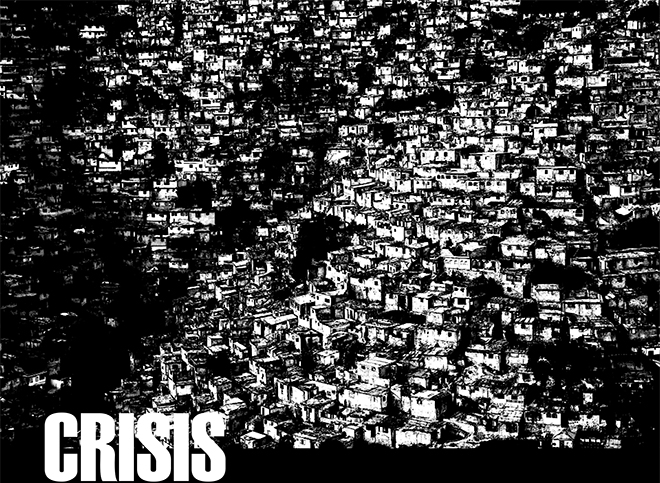Semester 2 2017 Studio 31
Crisis
Matthew Austin & Shelley Xu
Studio Outline:
The Random House Dictionary of the English Language defines Crisis as: “A stage in a sequence of events at which the trend of all future events, especially for better or for worse, is determined; turning point. “ This semester will begin by studying an off-shore crisis, the need to rapidly house thousands of people who for various reasons become homeless. Events such as the Nepal earthquakes, Japanese tsunami and mass migration due to civil war in the middle east. Or people who live in slums in countries such as India, Brazil or Mexico due to extreme poverty are examples that will be examined. Students will then focus on policy failures in Australia (on-shore crisis) and how architects can respond to record levels of homelessness, urban sprawl and the skyrocketing cost of housing; all separate but interlinked problems. How can architects respond when faced with what seems like overwhelming and instant need?
Studio Leaders
MATTHEW AUSTIN is currently the Innovation Design Manager at Decibel Architecture. He started working with studio505 in 2014 before commencing work with Decibel Architecture in 2015 with project experience ranging across Iran, Asia and Australia. Prior to joining studio505 Matt worked with Marchese Partners International, HOOTANPEI Architectural Engineering Consultant, Razineh Architects Group, ARAN (Consulting Engineers), and AJAND (Interior Design). Matt has extensive experience in virtual reality, augmented reality, game design and development, planning, 3D rendering, coordination of projects from concept to full construction in major retail, commercial, residential buildings and aged care. His main interests are Machine Learning and its application in Design.
SHELLEY XU started working with Decibel Architecture in August 2016. Her previous work experience includes Gregory Burgess Architects in Melbourne and HASSELL studio in Shanghai. She has worked on projects of different scales including civic buildings, commercial buildings, hospitality and masterplanning. She has particular interests in data-driven design and fabrication.
Learning Outcomes:
Students will explore two separate crisis scenarios, one located abroad, the other much closer to home. Students will examine their different, chosen scenarios and will begin by applying systems thinking to formulate initial responses. They will be expected to develop a systems thinking approach, use it to identify the problems and causes, design an interference (e.g. policy) and propose concrete solutions. The studio will have a focus on process. We will encourage students to use data as a means of argument. New tools and technologies will not be used only as a means of presentation but be integrated into the fabric of the design process. During the course of this studio we will set-up workshops in collaboration with our partners to familiarise students with these emerging technologies.
Reading and Reference:
- William Maley, "What is a Refugee?"
- Mike Davis,"Planet of Slums"
- Adam Frampton, "Cities Without Ground: A Hong Kong Guidebook"
- Winfried Baumann, "Urban Nomads"
- MVRDV, "KM3: Excursions on Capacity"
- Jaime Lerner, "Urban Acupuncture"
- Martin Van Schaik, "Exit Utopia: Architectural Provocations, 1956-76"
- Whole Earth Catalog, "Shelter and Land Use"
- Michael Hensel, "Design Innovation for the Built Environment: Research by Design and the Renovation of Practice"
ST1/31 Tuesday 6:15pm - 9:15pm, MSD Room 240
ST2/31 Thursday 6:15pm - 9:15pm, MSD Room 238